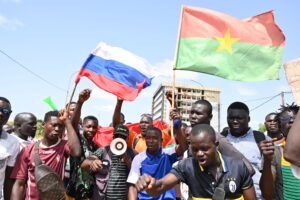
What Burkina Faso’s Tragic History Teaches Us
Ten years after the revolution, the lessons for protecting a budding democracy and guarding against violent extremism are clear.
755 Results

Ten years after the revolution, the lessons for protecting a budding democracy and guarding against violent extremism are clear.
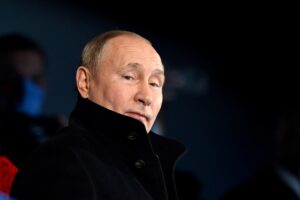
The Kremlin’s political theater shouldn’t be mistaken for an election or symbol of stability. It’s a sign of Putin’s weakness and the country’s descent into a deeper tyranny.
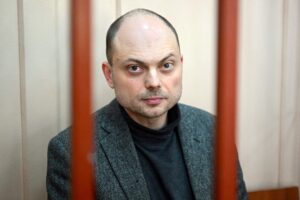
The Russian dissident journalist and activist knew if he returned to Russia he would be imprisoned or worse. But he was plagued by one question that compelled him to go.
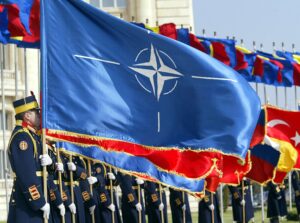
On its 75th anniversary, the Atlantic Alliance should be celebrated for being more than the world’s greatest military compact. It’s an engine of democracy’s advance.
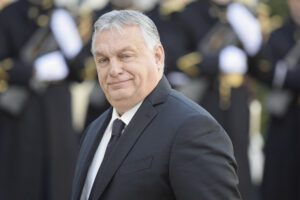
He has created a new office with massive investigatory powers that are vaguely defined and leave everyone on edge. In other words, it’s classic Orbán.
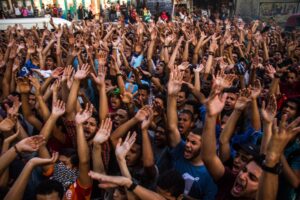
Egypt’s upcoming presidential elections are a sham. But the opposition can still take advantage of this moment to push for genuine reforms that the country desperately needs.

Russia’s invasion of Ukraine isn’t just another land grab. It’s an attempt to recolonize lost empire, and threatens to return us to the age of conquest.
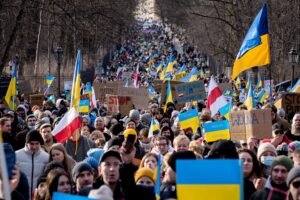
His military didn’t just fail. Ordinary Ukrainians, Russians, and people across the globe are creatively and nonviolently protesting Putin’s war on Ukraine, and they are making a difference.
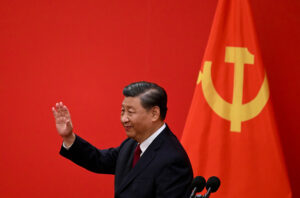
Beijing’s focus has been on strong and steady economic growth for decades. But China’s leader has just put an end to that era. For Xi, it’s only about power—at home and abroad.
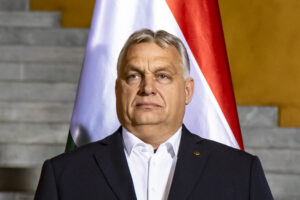
The Hungarian prime minister is on a mission to overrun Brussels, disrupt the EU, and consolidate his power at home. It just might work.
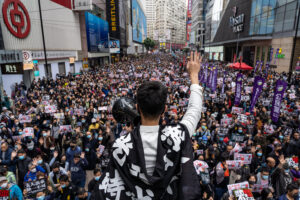
What are the true lessons from Tiananmen Square? Why does nonviolent resistance offer the best chance of challenging the CCP? Hu Ping, a leading Chinese dissident, reflects on the mistakes that were made and what it will take to succeed next time.

He is rude, foul-mouthed, and one of the most popular politicians in the world. Like it or not, Argentina’s chainsaw-wielding president is the new face of populism.
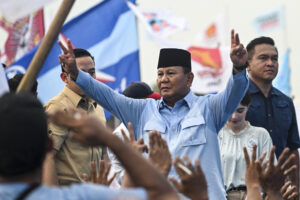
Indonesian voters have made Prabowo Subianto, a special-forces commander with a dark past, their next president. Even as voters flocked to the polls, his election is a harbinger of democracy’s decline.

The country’s polls were marred by delayed results and charges of rigging. Worse, they might plunge Pakistan into an even deeper political crisis.

El Salvador’s Nayib Bukele may be overwhelmingly popular, but he wasn’t going to let his electoral ambitions hinge on being well-liked. Instead, he rigged the playing field before the first vote was cast.
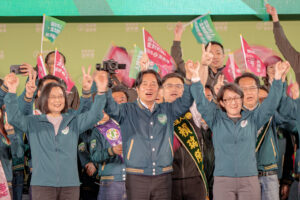
Taiwan’s voters rewarded the ruling party with an unprecedented third consecutive term, despite the mainland’s attempts to intimidate. Expect Beijing to find new ways to threaten the democracy off its coast.
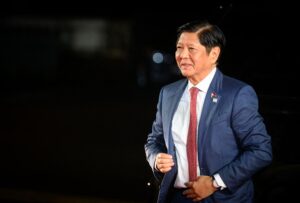
Many feared Ferdinand Marcos Jr.’s election would spell the end of Philippine democracy. But the dictator’s son has surprised nearly everyone, playing the role of a reformer while moving fast to sideline his populist rivals.
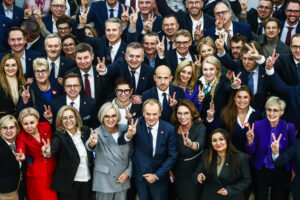
There is no clear roadmap. But Poland may be setting out on its first steps in stamping out populism and holding those responsible for the worst violations of the rule of law.
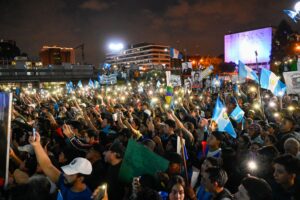
They are organized, nonviolent, and they have come out in great numbers. Guatemalans may also be writing the script on how to defeat democracy’s enemies.

The suffragists imagined that a greater role for women in democratic politics would lead to a more peaceful world. Few realize how right they were.